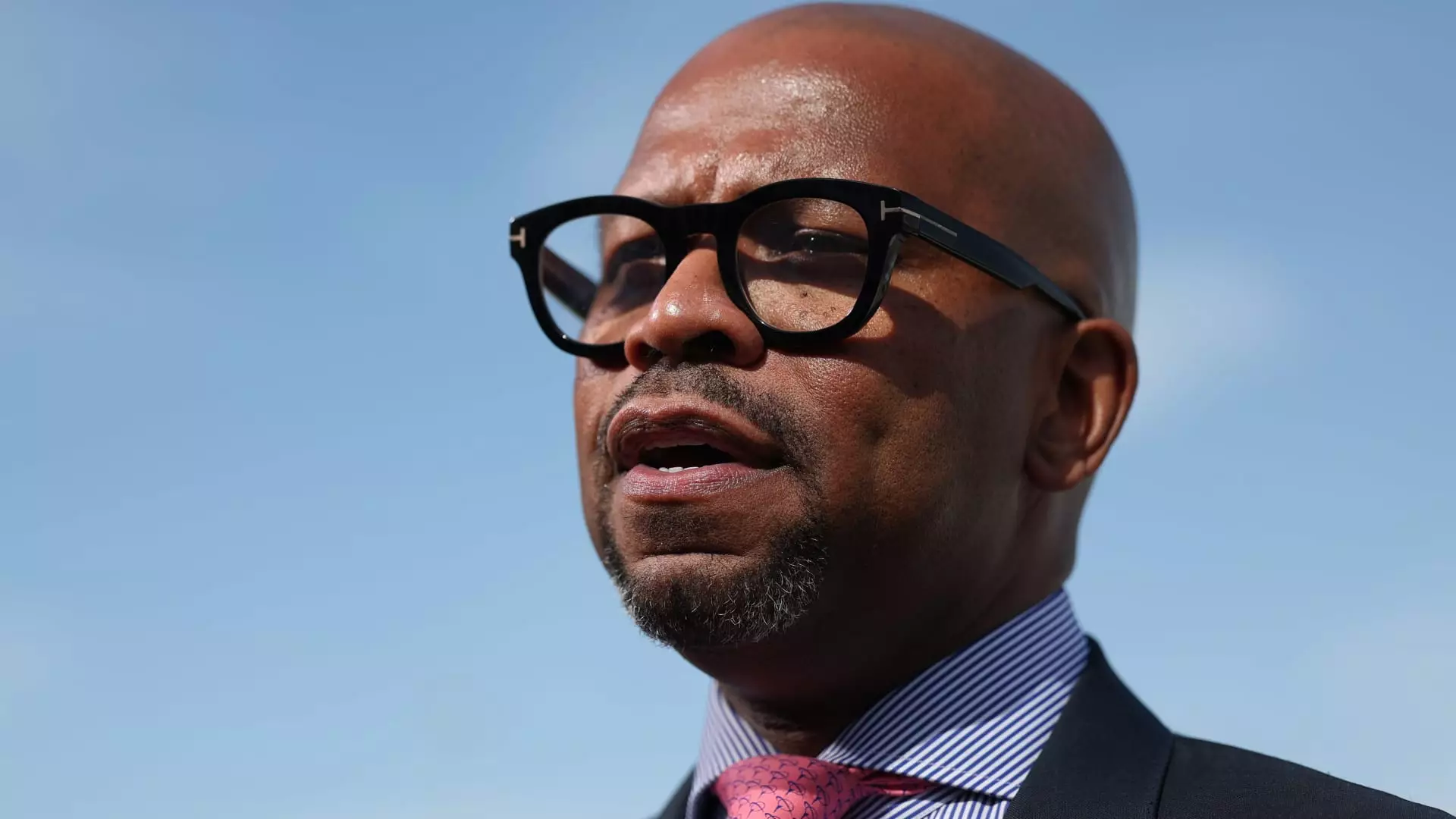In a significant turn of events, Boeing has announced the immediate departure of Ted Colbert, the head of its defense unit. This decision, conveyed by CEO Kelly Ortberg, represents a pivotal moment for the company, as it marks his first notable executive action since assuming the leadership role in early August. Ortberg’s announcement signals a proactive approach to addressing the challenges faced by Boeing in its defense sector, particularly as the company aims to regain the confidence of its clients.
In a memo directed to staff, Ortberg emphasized the urgency of restoring customer trust and meeting the rigorous standards expected of Boeing. This call to action highlights a vital acknowledgment that Boeing has faced significant scrutiny and challenges, necessitating a shift in leadership and operational focus. Ortberg’s statement reinforces the essential goal: improving performance and fulfilling commitments that ensure the success of missions supported by Boeing’s technologies around the globe.
Ted Colbert’s tenure at Boeing lasted 15 years, a period during which he contributed significantly to the company’s evolution in the defense and aerospace sectors. Even as he departs, his impact on the organization cannot be understated. With Steve Parker stepping up as acting leader of the defense unit, the transition appears to be designed for continuity amidst change. Parker’s experience should provide a stabilizing influence during this critical period of realignment within Boeing.
Boeing’s defense, space, and security unit accounts for nearly 40% of the company’s revenue, underscoring its importance within Boeing’s overall business strategy. Despite this, the unit has been plagued by various operational setbacks, including production challenges and escalating costs, which have raised concerns among stakeholders. These issues are particularly pronounced in projects like the new 747 aircraft designated for Air Force One and the Starliner spacecraft’s recent mission, which saw NASA astronauts return home via a competitor’s vehicle, SpaceX. Such incidents have public implications for Boeing’s reputation and operational credibility.
As Boeing navigates this turbulent landscape, the focus on rebuilding trust and accountability will be crucial for its success moving forward. Leadership changes often serve as an impetus for organizational reform, enabling a company to reassess its strategies and goals critically. The anticipated transition in the defense unit represents a fresh attempt to address not only the issues at hand but also to pave the path toward becoming a leader in reliability and technological excellence.
The road to recovery may be fraught with challenges, yet it also opens a gateway for innovation and improvement. By prioritizing performance enhancements and meeting commitments, Boeing has the opportunity to emerge from this chapter stronger and more aligned with the expectations of its customers and partners worldwide. The steps taken now will undoubtedly shape the future trajectory of the company, emphasizing the importance of accountability and excellence in the aerospace industry.

